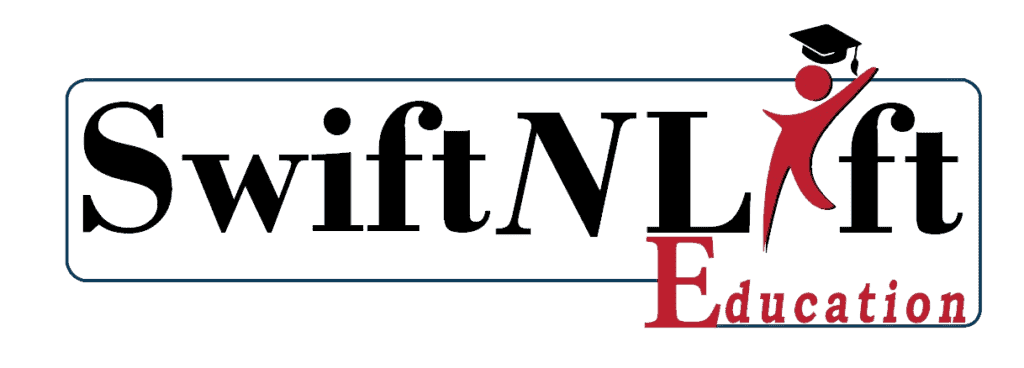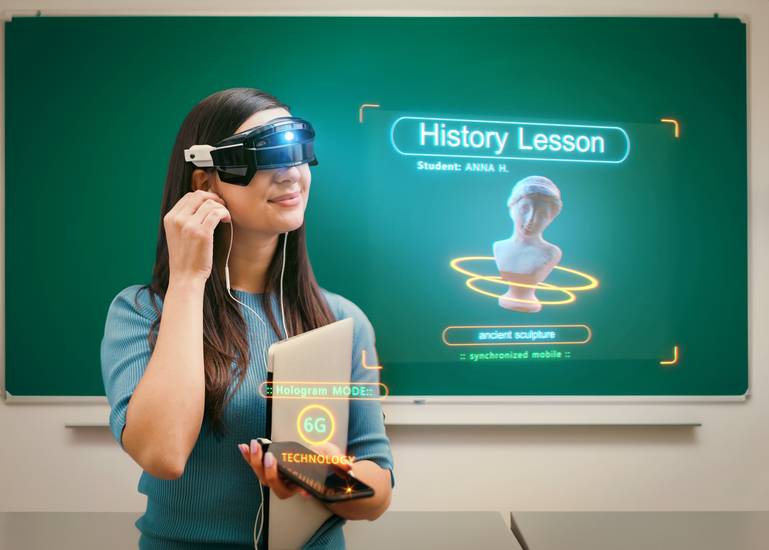


In recent years, the integration of technology into education has brought about transformative changes in the way students engage with learning materials. Immersive Virtual Reality (IVR) is one such innovation that has garnered attention for its potential to enhance student engagement and enjoyment. However, a recent study involving almost 300 secondary school students has shed light on the complexities of IVR’s role in education. While IVR can undoubtedly increase student enjoyment and engagement, it may not be the most effective tool for improving crucial learning outcomes such as declarative and procedural knowledge. This article explores the implications of the study’s findings and suggests ways to harness the power of IVR to enhance educational experiences.
The Study: A Tale of Two Experiments
The study in question consisted of two experiments designed to investigate the effects of IVR on student outcomes. In the first experiment, 131 students were randomly assigned to one of two groups. The first group experienced a science simulation using VR headsets, where they engaged in forensic analysis of a DNA sample in a virtual laboratory environment. The second group, on the other hand, watched a video presenting the same forensic analysis procedure. Following the learning experience, both groups underwent a post-test, which included assessments of self-reported enjoyment, presence, declarative knowledge (conceptual and factual knowledge), and procedural knowledge.
The results of the post-test were striking. Students who participated in the IVR activity reported significantly higher levels of enjoyment than those who watched the video. However, participation in the IVR activity did not translate into improved knowledge of the forensic analysis procedure. This initial experiment highlights the critical need to look beyond enjoyment and engagement when evaluating the efficacy of educational tools like IVR.
In the second experiment, involving 156 students, researchers sought to determine whether IVR could have a more substantial impact on learning outcomes when combined with what they termed a “generative learning activity.” In this case, the generative learning activity involved using physical props to re-create the laboratory analysis that students had learned about in the IVR scenario.
The four groups of students were assigned as follows: (1) IVR alone, (2) IVR combined with an enactment opportunity, (3) video alone, and (4) video followed by an enactment opportunity. Once again, a post-test was administered to assess self-reported enjoyment, presence, declarative knowledge, and procedural knowledge.
The results of this second experiment showed that similar to the first, students who used IVR reported higher self-perceived enjoyment and presence in the activity. However, the inclusion of the enactment activity did not significantly improve declarative knowledge. On the other hand, it was observed that participation in the enactment activity had a more substantial impact on procedural knowledge when learning through IVR compared to video.
These findings lead us to question the nuanced role of IVR in education and its potential to drive improved learning outcomes.
The Complex Relationship Between IVR and Learning Outcomes
The implications of these experiments are profound, highlighting that while IVR can undoubtedly offer students an emotionally rich and engaging learning experience, it does not guarantee better learning outcomes unless students have the opportunity to reflect on their experiences. IVR can serve as a powerful tool when used in combination with strategies that encourage students to integrate prior knowledge and construct meaningful mental representations of the material.
The first experiment suggests that the emotionally engaging nature of IVR can heighten students’ interest and enjoyment. However, this heightened engagement does not automatically translate into improved declarative or procedural knowledge. Thus, teachers and educators must be aware that IVR, when used in isolation, may not be the most effective means of imparting factual information or procedural skills.
The second experiment, however, provides a more nuanced perspective. It demonstrates that the inclusion of a generative learning activity, in this case, the enactment opportunity, can significantly enhance procedural knowledge when combined with IVR. This finding emphasizes the importance of providing students with opportunities to engage with the material beyond the virtual realm. It also highlights that IVR may be particularly effective when used as part of a broader, reflective learning process.
Practical Implications for Educators
The study’s findings offer valuable insights for educators and curriculum developers looking to leverage IVR for enhanced learning experiences. Here are some practical implications:
The study involving almost 300 secondary school students provides valuable insights into the complex relationship between Immersive Virtual Reality (IVR) and learning outcomes. While IVR can certainly enhance student engagement and enjoyment, it may not be the most effective standalone tool for improving declarative and procedural knowledge. Instead, the key to harnessing IVR’s potential lies in combining it with reflection activities and generative learning strategies. This way, IVR can become a powerful tool for providing students with immersive, emotionally rich learning experiences that translate into lasting, meaningful knowledge.
As educators continue to explore the possibilities of IVR in the classroom, they must be mindful of the need for thoughtful integration and careful consideration of the learning objectives. IVR has the potential to revolutionize education, but its effectiveness hinges on how it is used to complement and enhance traditional teaching methods. With the right approach, IVR can be a transformative force in education, enriching the learning journey for students and preparing them for the challenges of the future.

Entrepreneurship is all about telling your story. In SwiftNlift Education Business magazine, we promote and share stories and adventures of young and successful entrepreneurs who are overcoming startup challenges on their way to success. We allow digitally linked content to be uploaded and distributed globally.
Copyright © 2023 Swiftnlift Media And Tech LLP All rights reserved